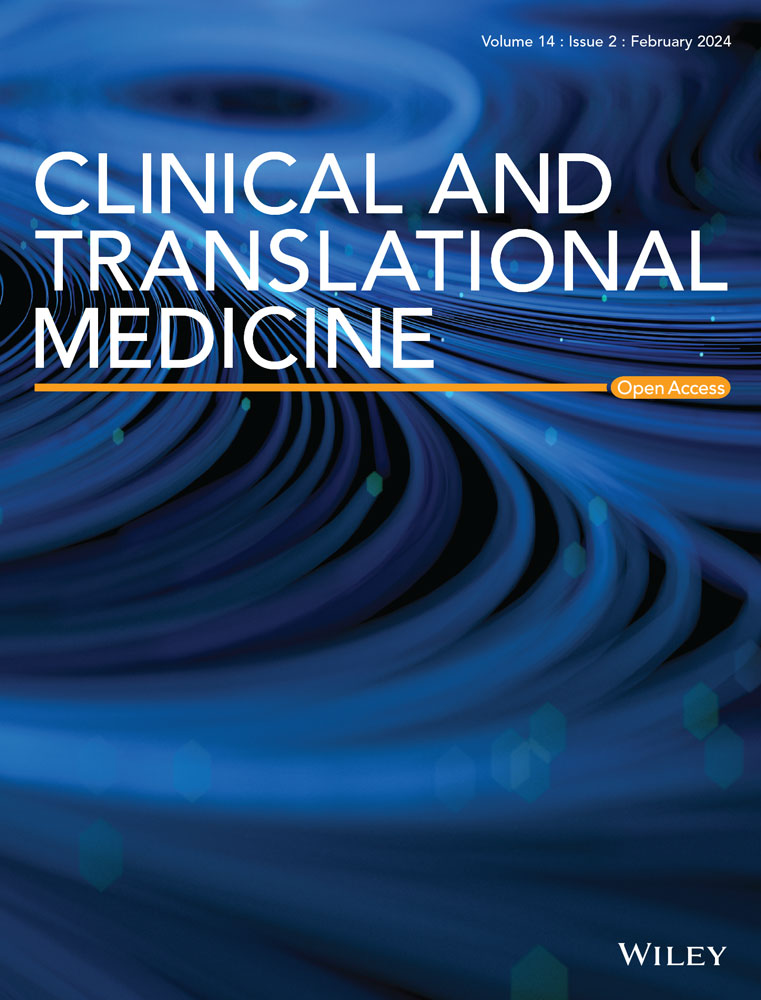Lactylation in cancer: Mechanisms in tumour biology and therapeutic potentials
Abstract
Lactylation, a recently identified form of protein post-translational modification (PTM), has emerged as a key player in cancer biology. The Warburg effect, a hallmark of tumour metabolism, underscores the significance of lactylation in cancer progression. By regulating gene transcription and protein function, lactylation facilitates metabolic reprogramming, enabling tumours to adapt to nutrient limitations and sustain rapid growth. Over the past decade, extensive research has revealed the intricate regulatory network underlying lactylation in tumours. Large-scale sequencing and machine learning have confirmed the widespread occurrence of lactylation sites across the tumour proteome. Targeting lactylation enzymes or metabolic pathways has demonstrated promising anti-tumour effects, highlighting the therapeutic potential of this modification. This review comprehensively explores the mechanisms of lactylation in cancer cells and the tumour microenvironment. We expound on the application of advanced omics technologies for target identification and data modelling within the lactylation field. Additionally, we summarise existing anti-lactylation drugs and discuss their clinical implications. By providing a comprehensive overview of recent advancements, this review aims to stimulate innovative research and accelerate the translation of lactylation-based therapies into clinical practice.
Key points
-
Lactylation significantly influences tumour metabolism and gene regulation, contributing to cancer progression.
-
Advanced sequencing and machine learning reveal widespread lactylation sites in tumours.
-
Targeting lactylation enzymes shows promise in enhancing anti-tumour drug efficacy and overcoming chemotherapy resistance.
-
This review outlines the clinical implications and future research directions of lactylation in oncology.


 求助内容:
求助内容: 应助结果提醒方式:
应助结果提醒方式:


